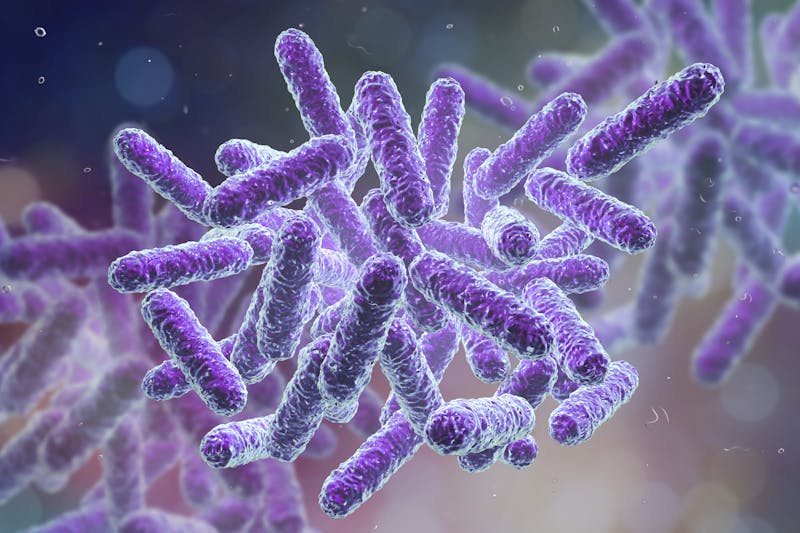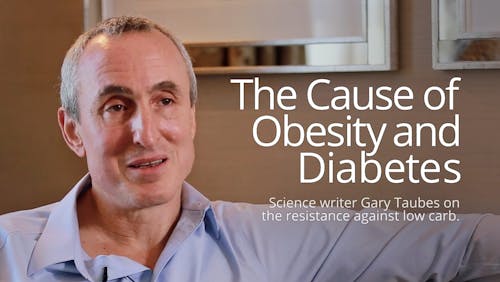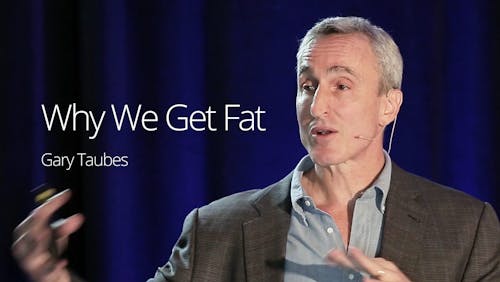New study finds ketones reduce gut-produced inflammatory cells

The gut microbiome is a hot topic of research that is likely still in its infancy. With all we have learned in recent years, there is still much more we don’t know about its functions and its response to dietary changes.
Some studies have claimed that high-fat diets change the gut microbiome in concerning ways. We have written about the weaknesses in these studies which render them unreliable, most notably that none of them take a look at true low-carb, high-fat diets.
A new study published in peer-reviewed scientific journal Cell, which was partially funded by NuSI, addresses that concern and shows ketones have an independent effect on our gut bacteria that may reduce inflammation.
For two months, 17 overweight people lived in a metabolic ward where all their food was prepared for them. For four weeks they ate either a diet of 50% carbs, 15% protein, and 34% fat, or a ketogenic diet of 5% carbs, 15% protein and 80% fat. After the first four weeks, the subjects then switched to the other diet.
Researchers found that the different diets resulted in significant shifts in gut microbes. There was no difference in overall bacterial load, but the specific species changed significantly. Of these, Bifidobacteria showed the greatest decrease on the ketogenic diet.
This is of great interest, as the researchers were also able to show that in mice Bifidobacteria produce Th17 cells, immune cells that have a role in inflammation and autoimmune responses. By decreasing Bifidobacteria, ketogenic diets can decrease Th17 cells.
While this does not prove that the result is a beneficial decrease in inflammation, it is certainly information that warrants further directed studies.
The researchers also studied different versions of high-fat diets in mice and found very different results from ketogenic diets and non-ketogenic, high-fat diets.
Not only did they have different results on gut microbiota, but they had completely opposite results. This further emphasizes the weakness in any study claiming that a high-fat diet has a certain effect on gut bacteria if it is not also controlled for carbs — and if it doesn’t take into account whether or not ketones are present.
The authors even showed that ketone esters were able to induce similar changes, suggesting that at least part of the effect is from the ketone bodies themselves, and part of the effect may be from carbohydrate restriction.
While the science behind how the food we eat affects our microbiome is still just getting off the ground, studies like this one show the importance of being specific about the details of the intervention diet. It also shows how measuring a physiological effect beyond changes in bacteria provides much more potentially meaningful information.
I hope we see more studies like this in the future that can further delineate how and why what we eat matters.
Thanks for reading,
Bret Scher, MD FACC
Earlier
How might a keto diet help with depression?























